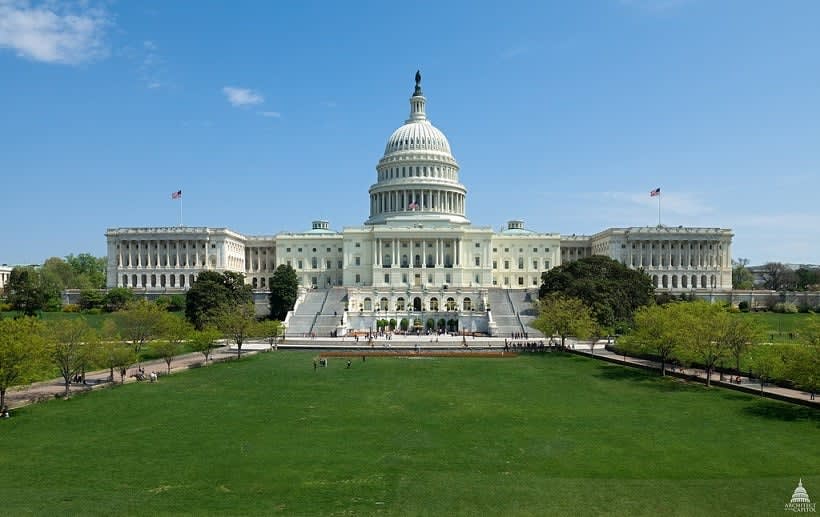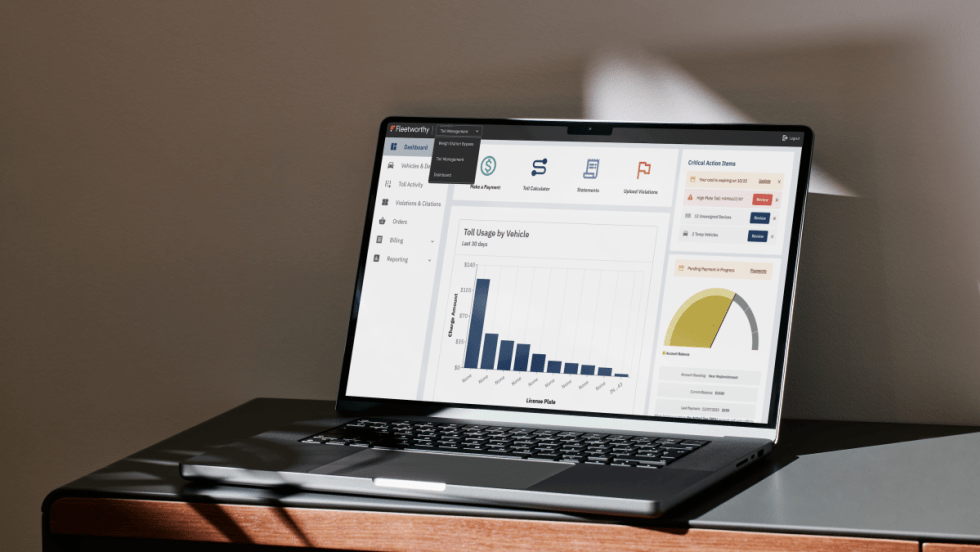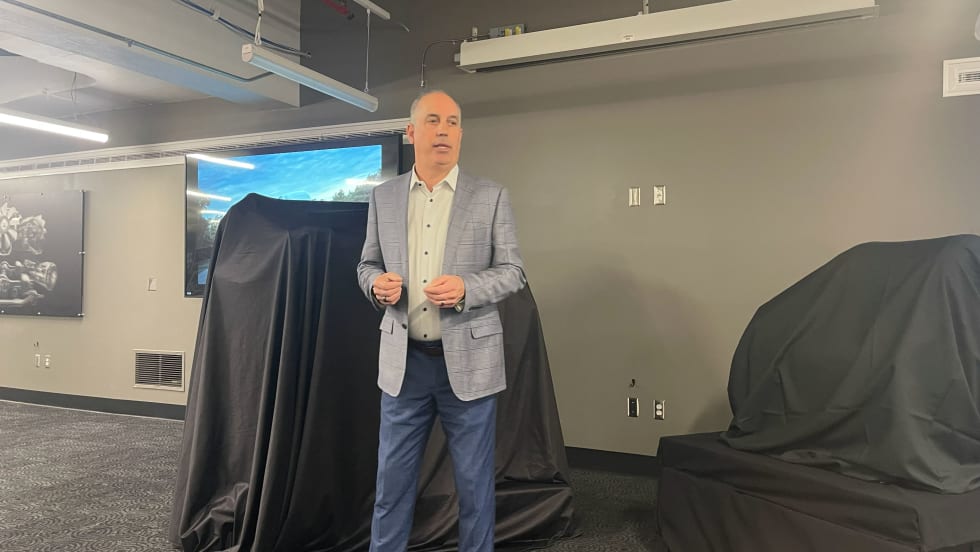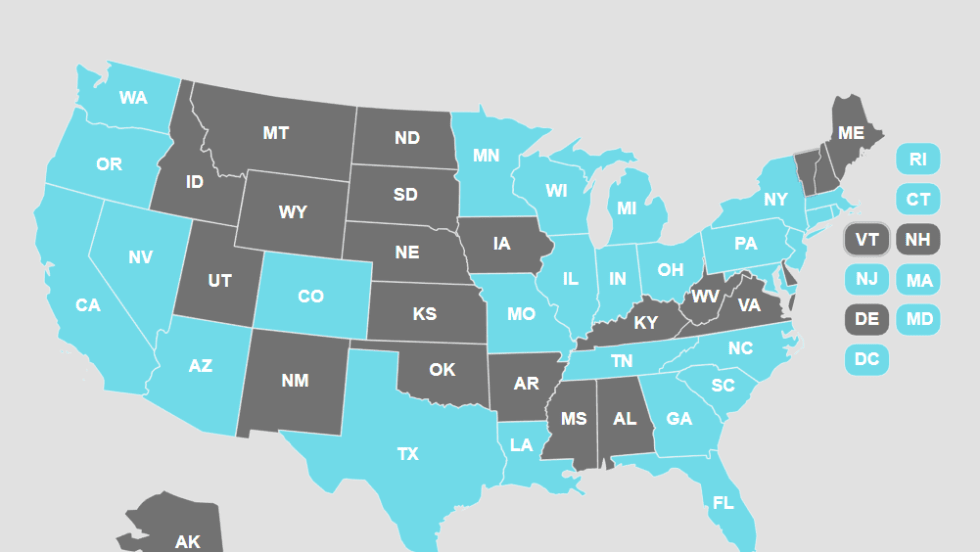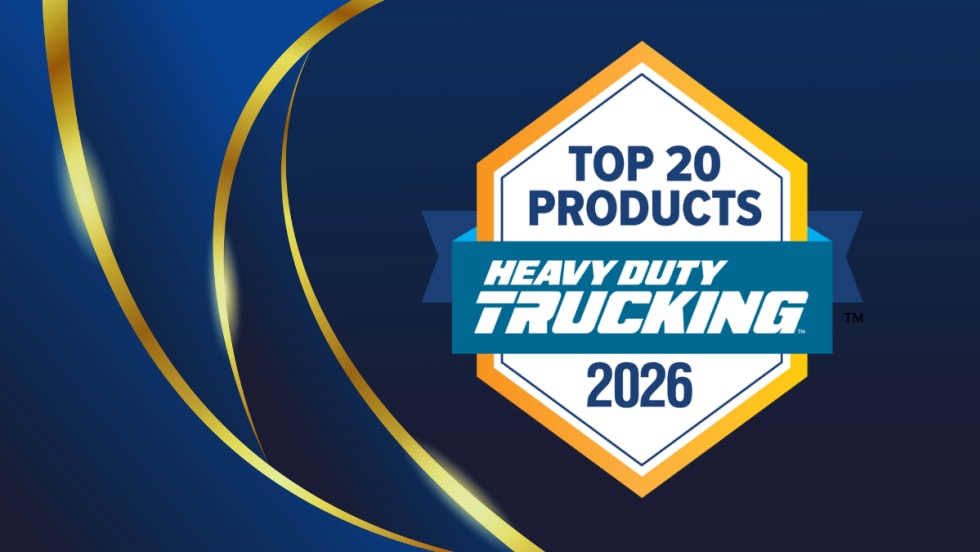Yet again, lobbying efforts to insert language that would once and for all keep states from preempting federal motor-carrier regulations into other legislation have fallen short on Capitol Hill.
Trucking lobbies have been pushing hard for Congress to more directly address state preemption ever since a 2015 Supreme Court ruling upheld a California statute requiring a paid 10-minute rest break every four hours and a paid 30-minute meal period every five hours for truck drivers.
The main avenue of attack on Capitol Hill has been to attach a rider— an amendment— to various pieces of legislation (including highway bills and prior FAA bills) that called for preventing states from enacting their own meal and rest break rules for CDL drivers and, in some cases, prohibiting states from requiring that those drivers be paid certain types of added compensation, such as detention pay.
Despite their commonsensical appeal and the compelling constitutional argument they make for federal oversight of interstate commerce, none of these tacked-on proposals have survived being run through the legislative maw on Capitol Hill.
The latest case again centers on an FAA bill. But why would an aviation bill carry a trucking rider? Well, that’s because a “preemption provision” to address the issue of states attempting to override federal regulation of interstate commerce had been included in the original FAA Authorization Act (FAAAA) of 1994.
This time around, aiming to rack up some ‘wins’ before the mid-term elections, the Republican leaders who control the agenda on both sides of Capitol Hill opted to steer the new FAA five-year FAA package through Congress as quickly and smoothly as possible by not allowing any riders whatsoever to be attached to either the House or Senate versions of the FAA Reauthorization Act of 2018 (H.R. 302).
On Sept. 26 by a wide (398 to 23) margin, the House approved H.R. 302 and sent it to the Senate for a final vote.
While rest-break rule reform is thus now DOA within the FAA bill, trucking lobbies that have been fighting for years to get unequivocal language included in federal law are far from throwing in the towel.
For example, in a Sept. 25 message to members of the American Trucking Associations, President and CEO Chris Spear said that ATA has been “working with Congress on this issue for three years” and would now be “pivoting” its strategy by also filing a petition with the Department of Transportation to seek “preemption of California’s redundant meal and rest break requirements.”
He said ATA’s petition relies on section 31141, title 49 of the United States Code, “under which the Secretary of Transportation has the authority to determine that state laws on commercial vehicle safety that conflict with federal safety standards or burden interstate commerce may not be enforced.”
Spear added that ATA’s argument is that “duplicative state break requirements undermine safety— the primary purpose of the Department’s regulation of commercial vehicles— and unreasonably burden interstate commerce, by interfering with uniform, clear federal requirements.”
He also noted that although ATA’s “champions in the House and Senate were unable to move the language over the goal line, they continue to support our [rest-break exemption] position. As a result, House and Senate leaders delivered a strong bipartisan letter to Secretary [Elaine] Chao asking for her full and fair consideration of the industry’s petition.”
Related: The Long Ride up Capitol Hill for Trucking's Preemption Rider




